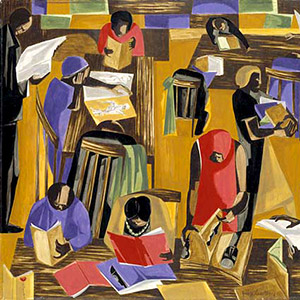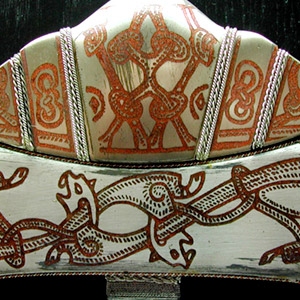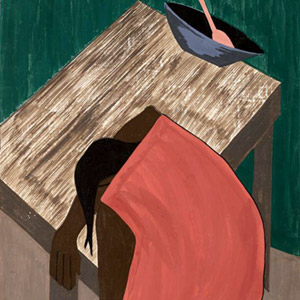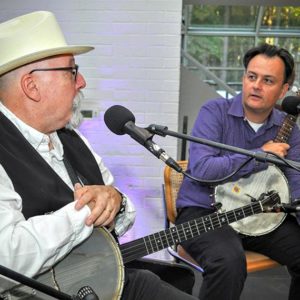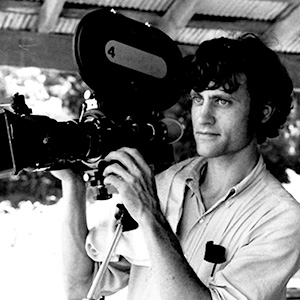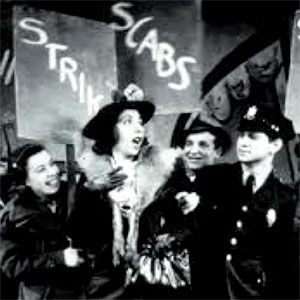
UNC-TV’s “Conversation”: An Interview with Robert D. Newman
In this wide-ranging interview with Conversation host Mitchell Lewis, National Humanities Center President Robert D. Newman discusses the significance of the humanities in everyday life, the enduring importance of humanities scholarship, and the mission of the National Humanities Center to advance humanities research, teaching, and public engagement. This program originally aired on UNC-TV’s NC Channel on June 27, 2017.
